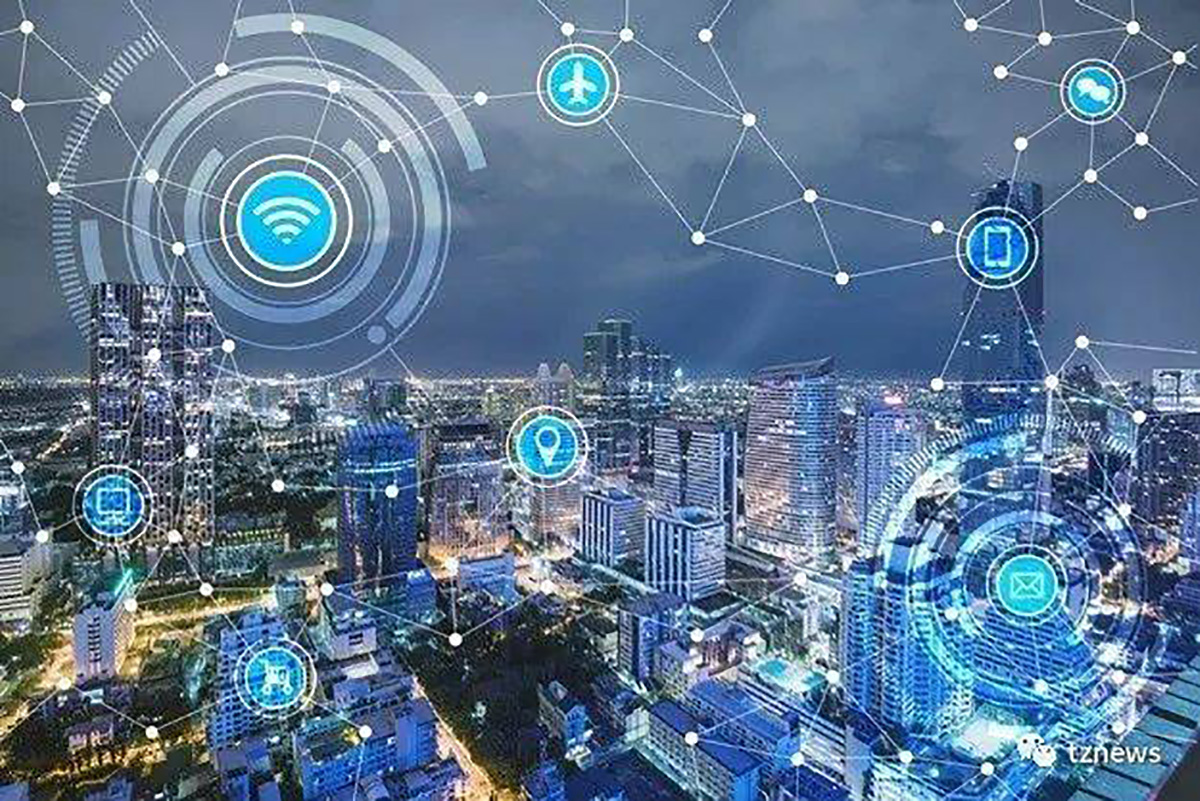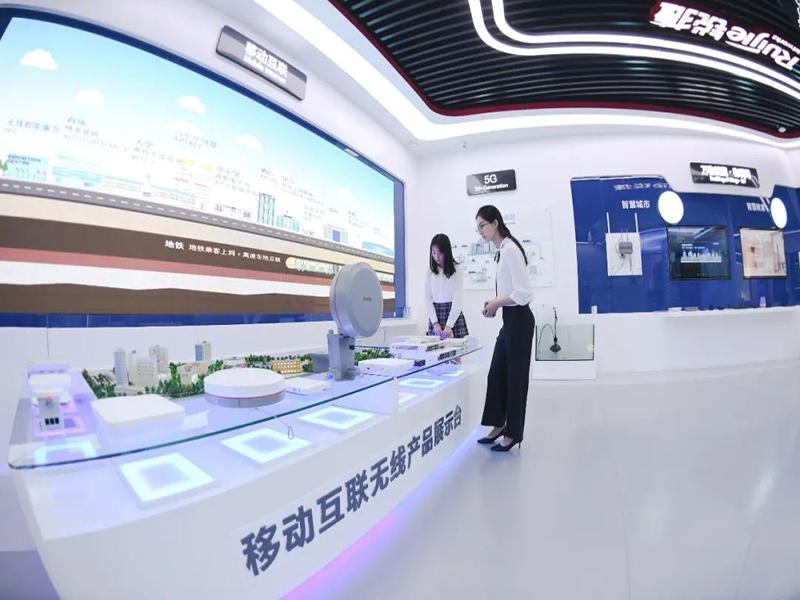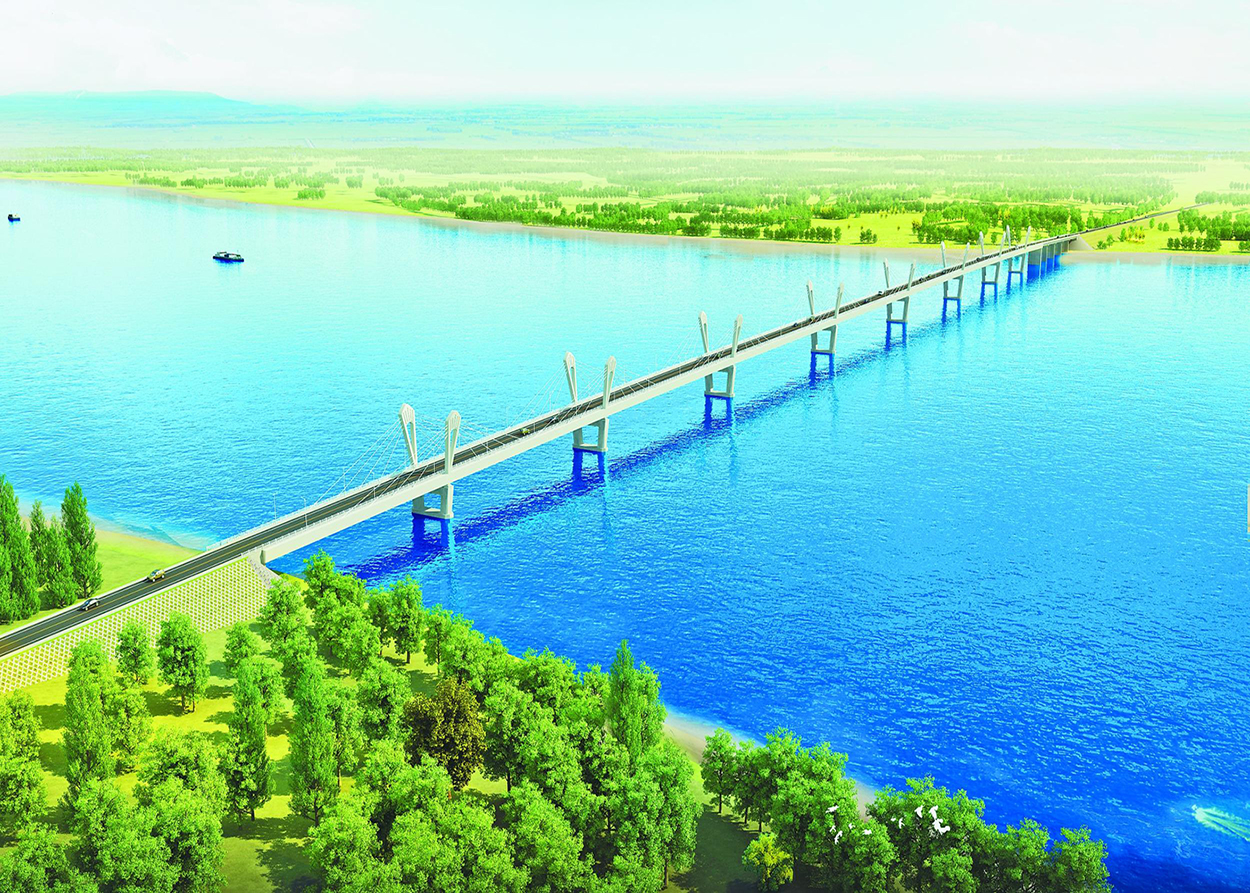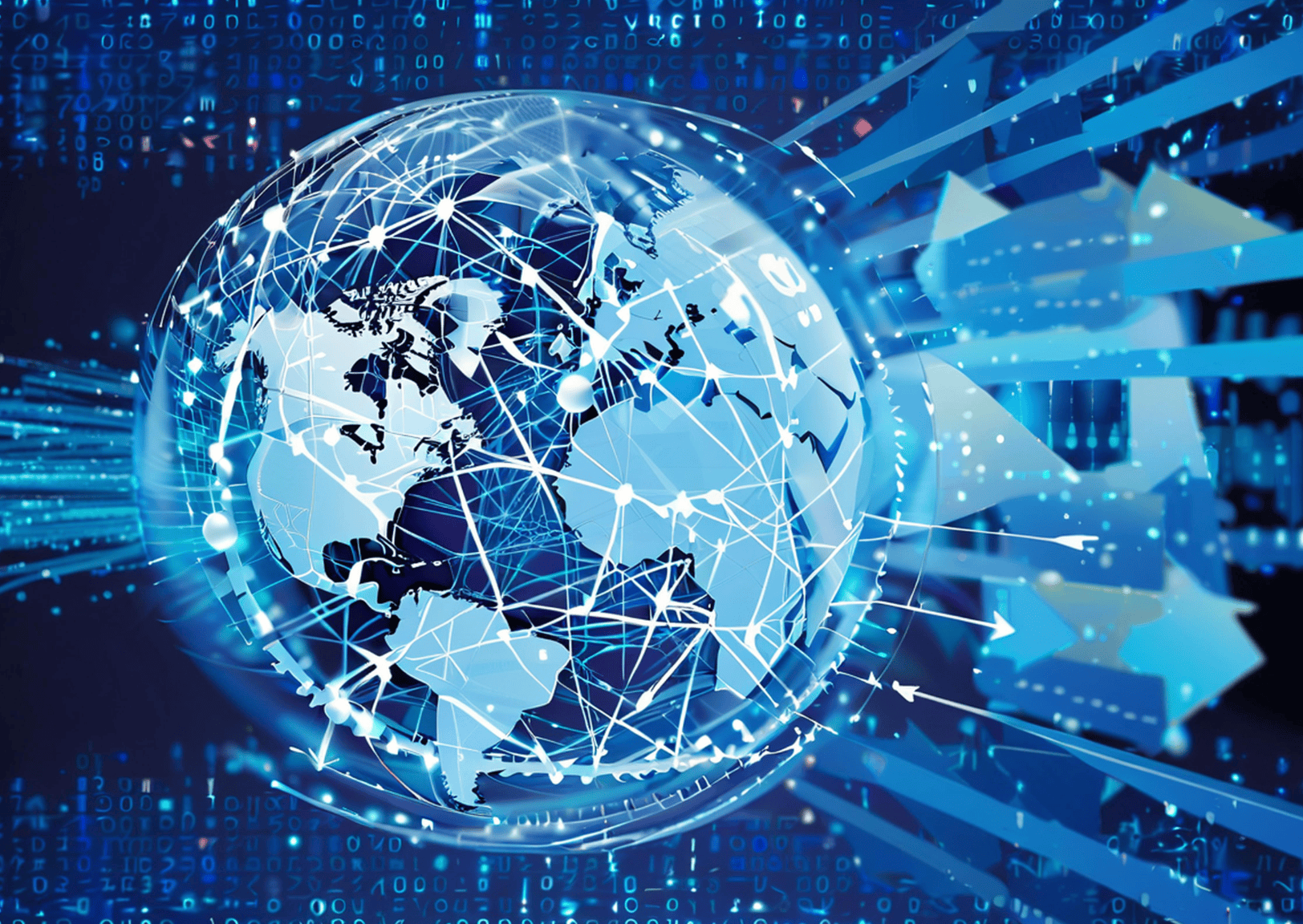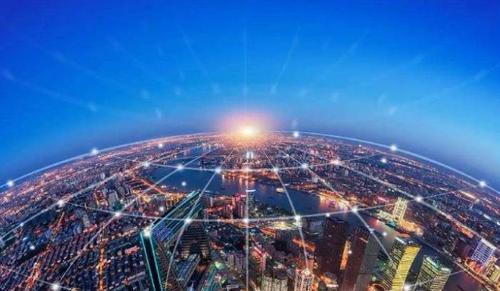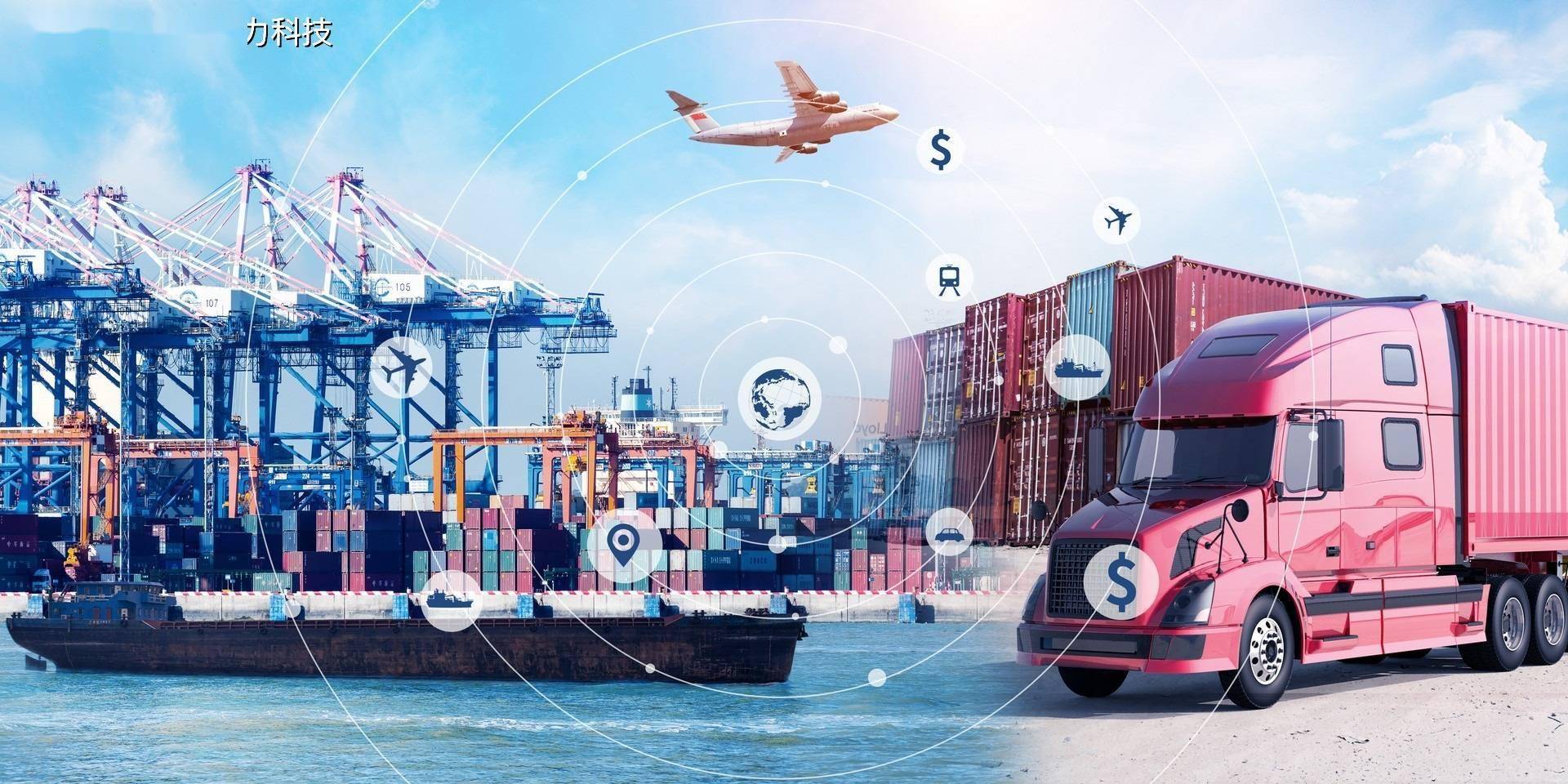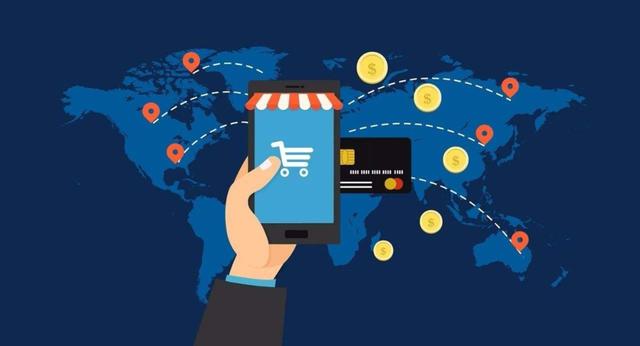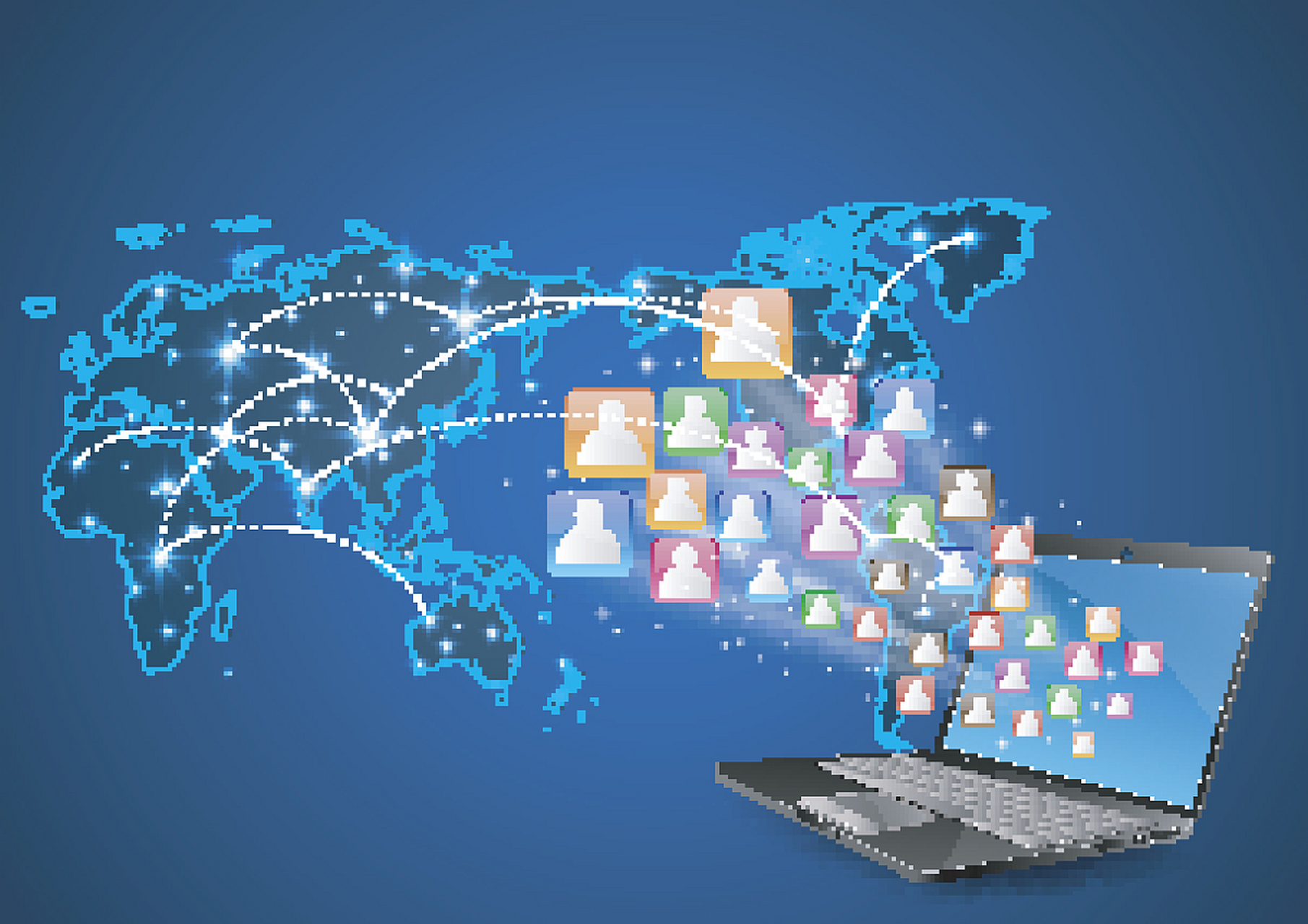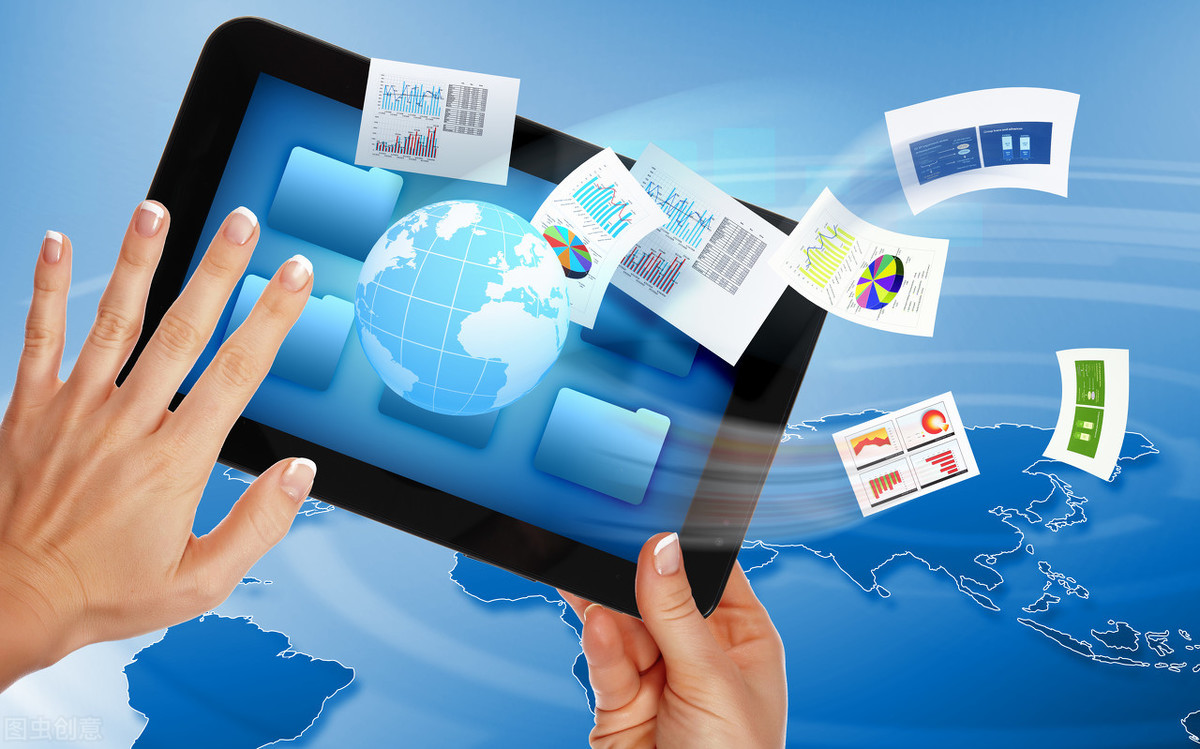Chinese consumers use a single box of Korean facial masks under the shopping platform, which is cross-border e-commerce; Overseas users pay to experience "Black Myth: Wukong" online, which is a cultural sea; Then there are the online payments that can be made at the drop of a finger, and the packages that can be delivered with three-dimensional logistics infrastructure by sea, land and air - today's world is already connected in a network of digital weaves.
According to the Global Digital Trade Development Report 2024, from 2021 to 2023, global digital trade will increase from $6.02 trillion to $7.13 trillion, with an average annual growth rate of 8.8%.
Commodity trade spans time and space
In the past, the camel bell of the ancient Silk Road marked the opening of the trade and commerce between the East and the West. Today, the rise of cross-border e-commerce describes a new picture of "buying the world and selling the world" in the new era.
Compared with traditional goods trade, cross-border e-commerce can help global goods more easily break through regional restrictions and complete a wider range of supply and demand matching in a shorter period of time. In this process, not only consumers in developed economies can buy high-quality goods from around the world at lower prices, but also many developing economies have taken a place in the international trade in goods by virtue of their unique comparative advantages.
Compared with other regions, Africa's e-commerce started late, but the potential is huge. Especially in recent years, Africa has invested a lot of human and material resources in the construction of digital infrastructure, paving the way for the development of local digital trade.
Take China-Africa trade as an example. More and more Chinese goods and services have entered African families, and the Chinese market has opened its arms to African countries. There is a video that has gone viral on Central African social media that illustrates this scene best. At that time, the Rwandan ambassador to China came to China to bring goods, and as a result, thousands of kilograms of Rwandan coffee beans were sold out in just a few seconds. The ambassador was shocked by the "China speed", and stared for a moment before sheepishly adding: "Our plane carrying coffee beans should still be at the airport (in Rwanda) and didn't have time to take off."
Asia is the region with the most e-commerce cooperation memorandums signed with China. High-quality products such as camel milk powder from Kazakhstan and rose salt from Pakistan have become "national explosive products" in China, which not only expands the export scale of Silk Road e-commerce partner countries, but also brings convenience for more Chinese consumers to buy the world without leaving home.
Trade in services is within reach
Like trade in goods, trade in services has now become an important engine driving global trade growth. Especially with the rapid development of digital technologies such as big data and artificial intelligence, new digital formats such as Internet medical care, online education and telecommuting have pressed the fast forward button.
Data show that in 2023, the global digital delivery service exports reached 4.25 trillion US dollars, an increase of 9%, accounting for 54.2% of global service exports, the scale of another record high.
Ireland is a case in point. As a small and medium-sized economy, Ireland consistently ranks near the top of global export rankings for trade in services. The reason is that Ireland's service industry is relatively developed, among which, the service trade dominated by education, finance and scientific and technological services has obvious competitive advantages, accounting for more than 60% of the country's trade for a long time.
Ireland has two good names, one is "emerald Island", referring to its beautiful environment and beautiful scenery; The other is the "Silicon Valley of Europe" because Ireland is a major global exporter of computer and information technology services. According to the Irish Investment Development Agency, the technology sector generates more than €35 billion in export revenue for the country every year.
In order to further promote the development of related industries, the Irish government has launched the ICT Skills Action Plan since 2012, and specifically targeted at artificial intelligence, augmented reality and virtual reality, robotics, Internet of Things, cybersecurity and other areas of high demand for advanced talent. Irish public scientific research institutions have also increased investment in high-tech fields such as artificial intelligence, data analysis, and semiconductor technology, and strive to complement the advantages of enterprise research and development centers and link production and learning. In addition, the Irish industry has established various forms of industrial investment funds.
The system of rules needs to be improved
At the third Global Digital Trade Expo held this year, World Trade Organization Director-General Iweala said in a video message that digital transformation has brought new development opportunities to many countries. But at the same time, the "digital divide" still exists, and many developing countries are still at the "edge of digital economy development." The WTO is working to create a "predictable environment" for the development of global digital trade, including technology, finance and rules.
In fact, in recent years, experts in relevant fields around the world have conducted a lot of research on how to create a "predictable environment". At present, a general consensus in the academic community is that compared with relatively intuitive issues such as technology and capital, the problem of imperfect global digital trade rules system is more hidden and harmful.
Just as international trade in the traditional sense needs a more open international market system, the development of digital trade also needs a healthy and open digital market. However, countries have different views on data flow and governance, and there are big differences in a series of areas such as technology empowerment, data traction, cybersecurity, platform responsibility, and regulatory rules.
Another expert pointed out that the most urgent issue at present is to develop global rules for digital trade, that is, to clearly divide the rights and responsibilities of all parties involved in digital trade.
The good news is that many economies now recognize the importance of global rules, with digital-related rules in more than 120 international economic and trade agreements covering more than 110 countries and regions. The goal of global rules, however, is still a long way off. Standing at the current time node, strengthening communication, resolving differences, building consensus, and delineating the "runway" for the healthy development of digital trade is even more important than running fast.

